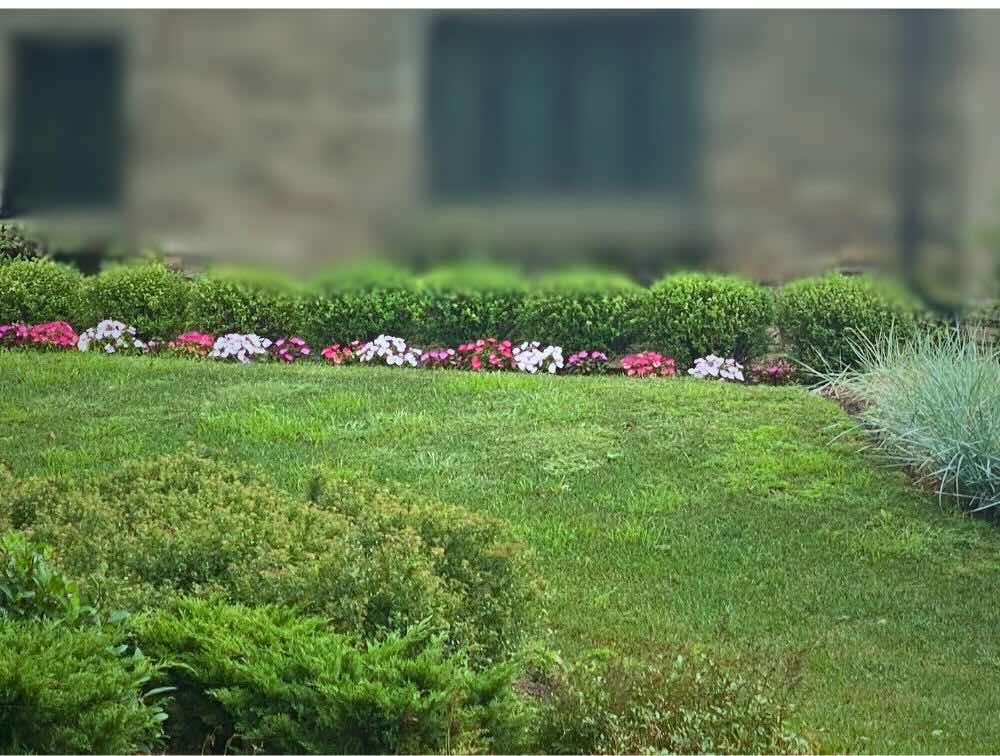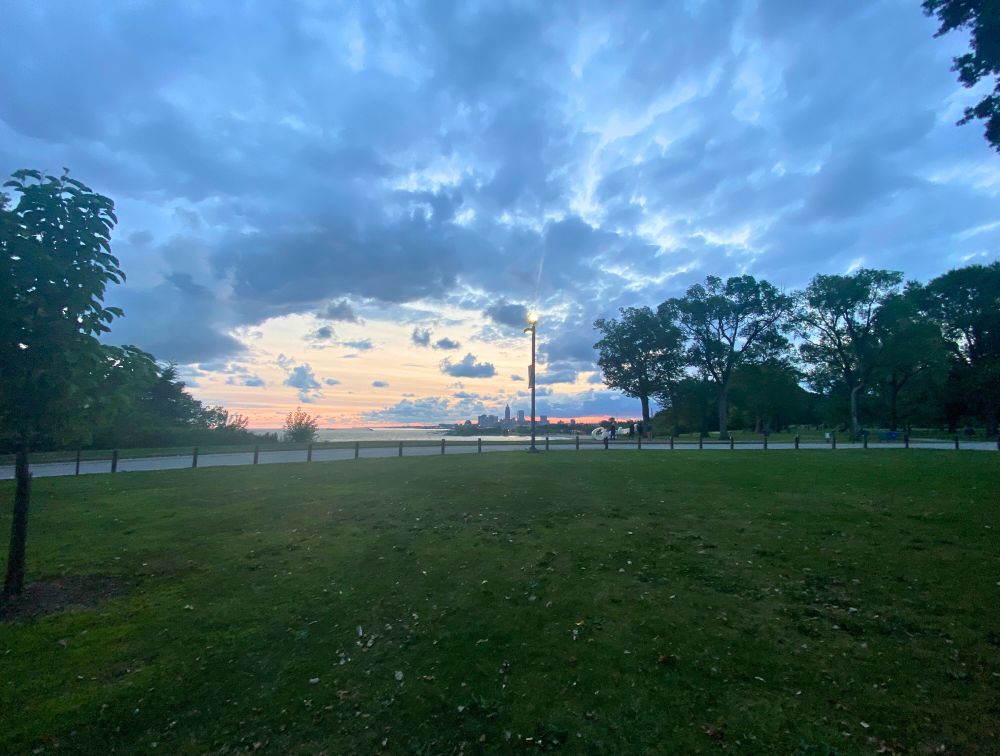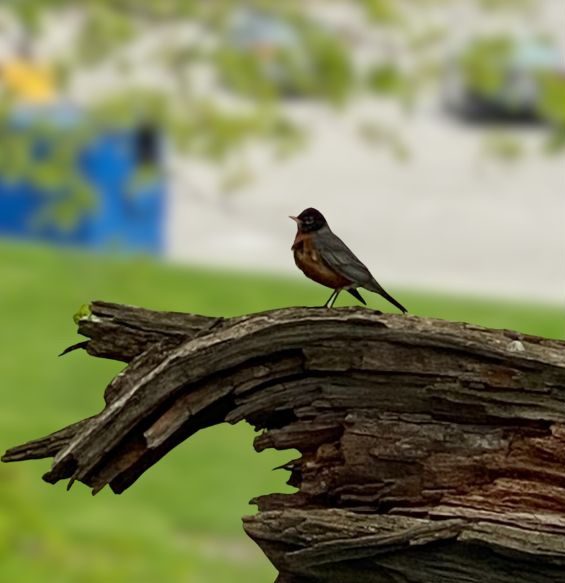Imagine a garden where every element is a masterpiece. The flowers burst forth in a harmony of vibrant colors, and the trees are adorned with jewels of sweetness. In this paradise, Adam and Eve dwell in perfect harmony with nature and God. They are not bound by rules, but bask in the love and grace of Divine Beauty. God bestows them with the gift of freedom (Genesis 2:15-17), inviting them to revel in the garden’s splendor and live joyfully in his presence.
However, one day, something changed. Adam and Eve are tricked into disobeying God, and everything falls apart. Despite the abundance of their blessings, they still wanted more—something else. The once-peaceful garden becomes a place of chaos and confusion. For chaos dwells in any heart that ceases to see the glow of divine grace and providence or feel the impulse of divine affection. Insatiability is one of humanity’s Achilles’ heels.
I remember when I didn’t appreciate God’s generous love in my life. I lacked inner peace and joy. Even though I was younger, my soul was restless, like the turbulence of unsettled waters. I know the difference, and I hope you agree, for the feeling of peace in the soul is the ringtone of divine dwelling.

Genesis 3:6-7 explains how Adam and Eve ate the forbidden fruit, and their eyes were opened, leading to feelings of shame and fear. God sees what has happened and gives them a set of rules, called the Law, to help them find their way back to him. The Law is not the Light. Instead, it is a guide, a light to the step (Psalm 119:105) to the Light.
Laws as Guide
The Law is like a map to the heavenly garden, steering humanity towards life and away from death, much like Deuteronomy 30:19-20 urges us to choose life by loving and obeying God. In Moses, the Law is fully developed (Exodus 20; Deuteronomy 4, and most of the chapters in Deuteronomy). The Law, therefore, serves as a compass, directing us towards the path of righteousness and life.
Over time, more extensions were added to the Law based on the interpretations of credible Rabbinic traditions. With more laws come more regulations and, of course, judgment and evaluations. It started to feel like taking exams.
As a university teacher, each year I meet hundreds of enthusiastic students. I engage them in conversations about life and their future careers. I aim to inspire them to learn life lessons, principles, competencies, and soft and hard skills that will help them see the bigger picture of life and prepare them to be winners when facing challenges.
But when it comes time to assess these skills, many students are consumed with passing the exam. They lose sight of the bigger picture, much like humanity often approaches God’s Law. Romans 3:20 reminds us of this grim reality of the Law—awareness of sin—being gripped by judgment instead of freedom in love, growth, and the Spirit.
Finding Balance

The Law, given by God, is meant to guide humanity to Divine Love, much like how teachers try to guide students toward understanding the bigger picture. However, as students, people often become fixated on the law, missing its true purpose—namely, as a tool to lead us to life’s fullness in Christ. Galatians 3:24 describes the Law as a guardian until Christ came to fulfill it.
In Christ, we see a radical truth. The Law and all the principles we follow pale in comparison to the reality of Christ, in whom all things hold together (Colossians 1:17). Without God, nothing has ultimate meaning. The peaceful garden of the soul is farfetched.
The Within and True Change
Jesus teaches us to take seriously our deeper life and inner being, the within. This “within” (Mark 7:21; Matthew 15:19) is not just about our biological hearts or the pulses and thrills of the blood vessels. Nor is it merely thoughts or simply the accumulation of our physical sensations, as some philosophers like David Hume argue. Instead, this “within” refers to the core of our personhood—the spirit inside us, our inner being, and our entire personality as humans.

From the beginning, God spoke order into existence from within the chaos (Genesis 1:2-3). If the Spirit of God penetrates our spirit—mind and soul—the Lord shapes us into saints, whose actions foster order amidst chaos. Suppose our spirit does not allow the touch of divine grace to penetrate our inner being. In that case, sin is produced, which oozes with the ugly face of uncleanness—spiritual, moral, and ethical.
The Church has long understood that the Spirit is Love—the bond of love between the Father and the Son. Christ’s utterance of his word is spirit and life (John 6:21). Love is that Spirit, and God is that Love (1 John 4:16). The Church, as the living witness of this love, shows us that the Spirit within us makes us clean.
If the world shapes our spirit, our actions will reflect its kinds, for the worldly lack the purity of divine Spirit. But if God fills our spirit, like a flourishing garden, we will produce Godly character, for the Spirit of God is life. When God breathes on us, we live (Genesis 2:7).
A New Life
Thus, embracing the Spirit of Christ is not merely a change of heart but a profound transformation. Conversion is not just a change of heart; it is about becoming a new creation in Christ (2 Corinthians 5:17). This new creation, filled with the Spirit, naturally bears good fruits (Galatians 5:22-23) because the Spirit, which is love, flows from within. The Spirit of God is poured into our hearts, empowering us to call out to God, Abba; Father (Romans 8:15), from whom all good things and perfect gifts come (James 1:17).

Moreover, having received the Word, which is Spirit and Life, we hear, understand, and then can bear fruits of love, including generosity of hearts and minds in works of faith, as The Letter of Saint James (chapter one) admonishes. This transformation is a beacon of hope and tranquility, showing us that we can be more than we ever thought possible. Our fruitfulness is boundless.
The Law guides us, much like rules and exams guide students, but it’s the Spirit of love within us that truly transforms us. Through this transformation, we become living witnesses to God’s love and fruitful members of his body. We show the world what it means to live in his grace, not just by following rules, but by embracing the life God gives us through his Spirit. Such is abundant life—indeed, a garden for all to relish.
[Readings for 22nd Sunday in Ordinary Time: Dt 4:1-2, 6-8; Jas 1:17-18, 21b-22, 27; Mk 7:1-8, 14-15, 21-23]

Thank you Fr Maurice for breaking the word with much simplicity and depth.